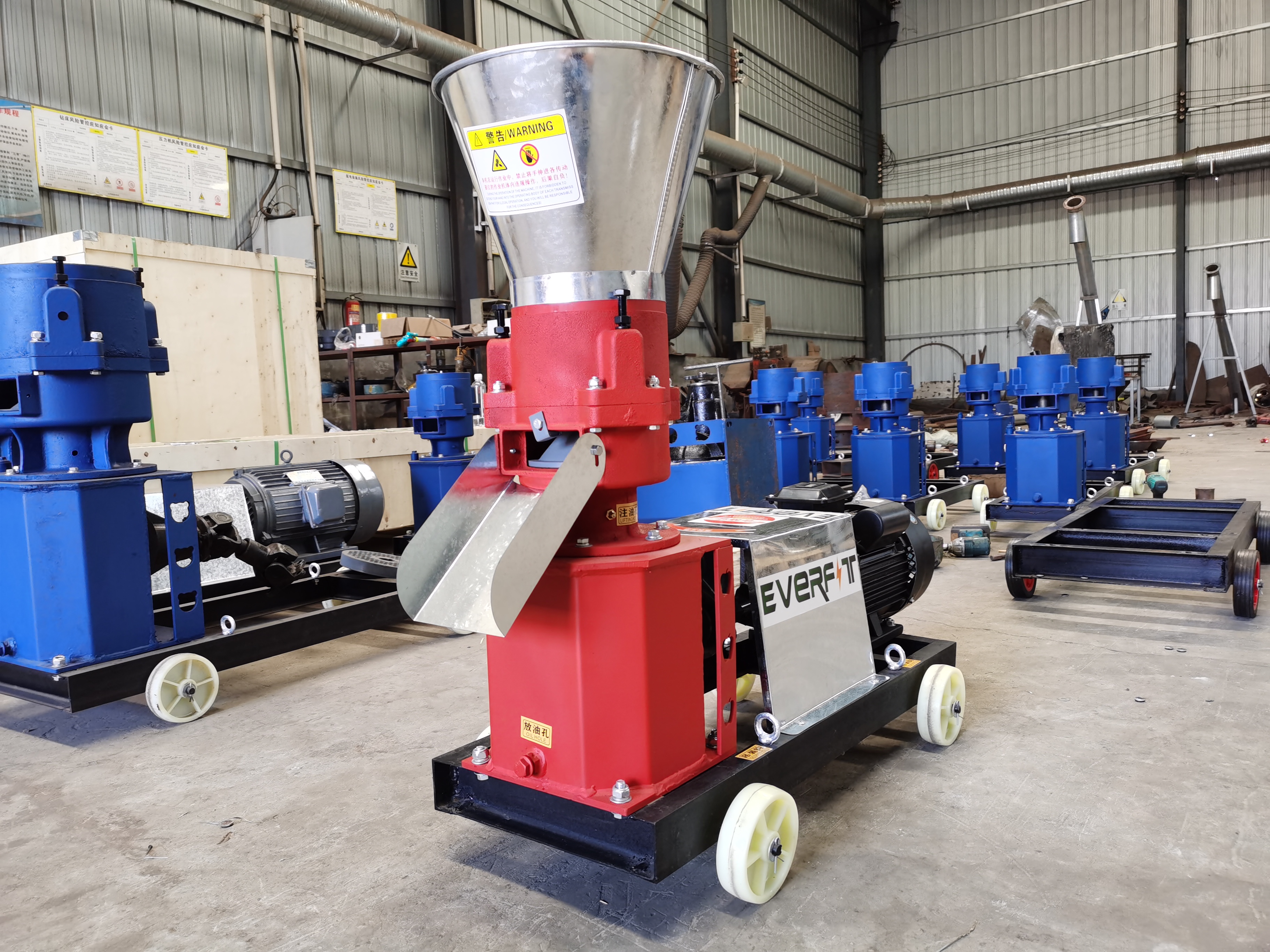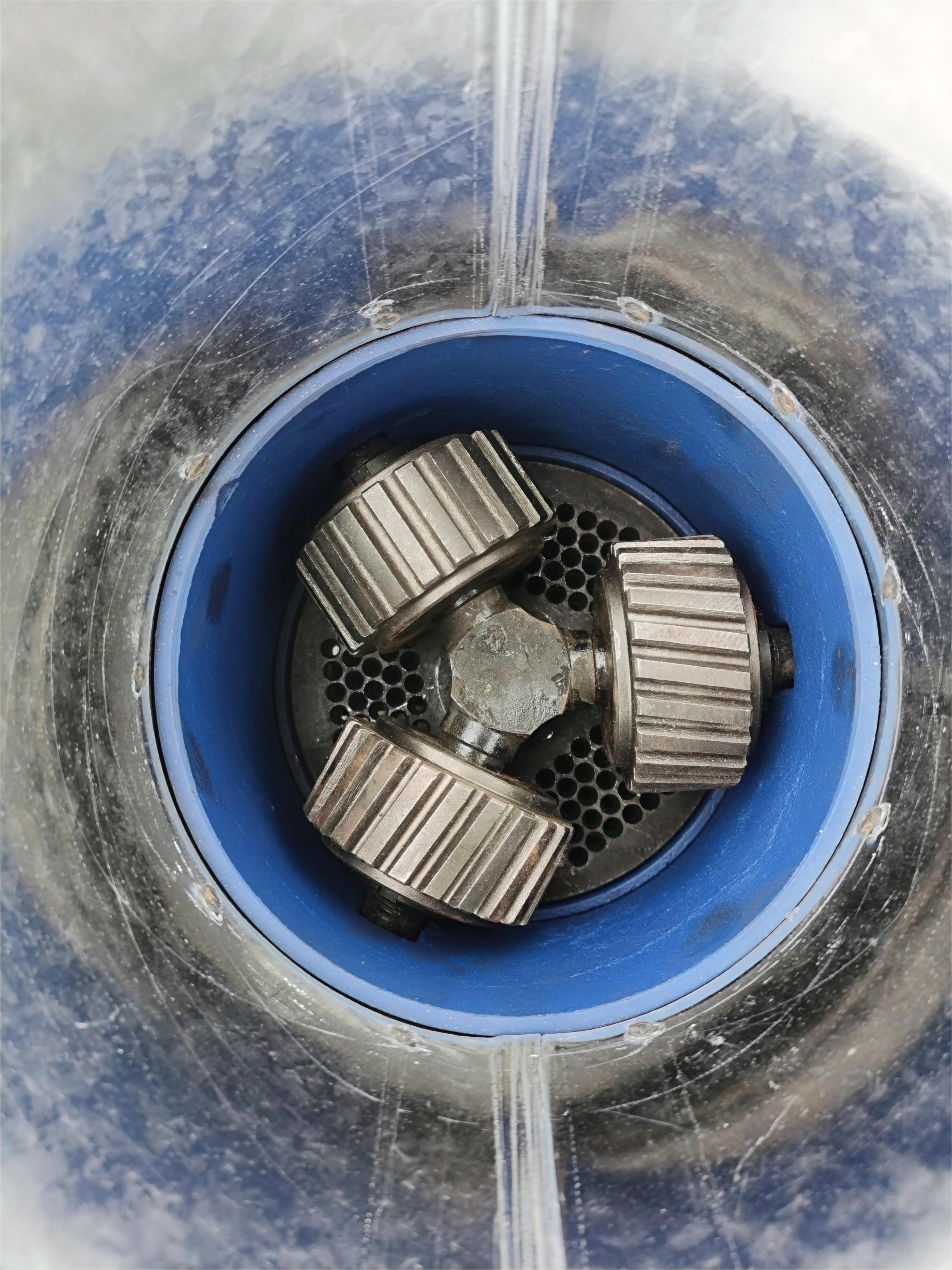If you are looking to purchase a groundnut pellet machine, there are several options you can explore:

1. Online Marketplaces
-
Alibaba: This is a well-known platform for manufacturers and suppliers, particularly for industrial machinery. You can find a variety of groundnut pellet machines from different manufacturers around the world.
-
Amazon: While more focused on consumer goods, you can find some smaller machines for making pellets on platforms like Amazon. Make sure to check customer reviews and ratings.
-
eBay: Another online marketplace where you might find new or used groundnut pellet machines.
2. Specialized Machinery Suppliers
-
Food Processing Equipment Suppliers: Look for companies that specialize in food processing machinery. They often carry equipment designed for specific applications, including pelletizing.
-
Agri-Machinery Dealers: Suppliers that focus on agricultural machinery may also offer groundnut pellet machines or direct you to manufacturers that do.
3. Manufacturer Direct
-
Contact Manufacturers: Identify manufacturers that specialize in pellet machines. Many have websites where you can browse their products, request quotes, and learn about customization options.
-
Some popular manufacturers include:
-
GEMCO Energy: They offer pellet machines for various materials, including groundnuts.
-
Amisy Machinery: They provide a wide range of agricultural machinery, including pellet mills.
-
Pellet Mill Manufacturer: Look for companies known for their pellet mills that can handle various types of biomass, including peanuts.
Maybe you can find our company.
The basic working principle of a pellet machine involves the following steps:
-
Material Preparation: The raw material (such as groundnut, wood shavings, or grains) is cleaned and processed to the right size, often requiring grinding or drying to optimize moisture content.
-
Feeding: Processed materials are fed into the pellet machine. Most machines have a hopper for this purpose.
-
Compression: The material is compressed between rollers and dies. This process applies pressure and, in some cases, heat, which helps to bind the material together into pellets.
-
Cutting: Once the pellets reach the desired length, they are cut by a knife mechanism.
-
Cooling: Pellets may be cooled down to maintain structural integrity and prevent them from sticking.
-
Packaging: After cooling, pellets are collected and can be packaged or stored for later use.

Benefits of Using a Pellet Machine
-
Efficiency: Pellet machines can produce a high volume of pellets quickly and consistently.
-
Cost-Effective: By converting waste materials into valuable pellets, businesses can generate additional income or save on feed costs.
-
Reduced Waste: Using by-products or unused materials for pellet production helps reduce waste.
-
Improved Storage and Handling: Pellets are easier to store and handle than loose materials.
-
Nutritional Value: Pelleting animal feeds can make nutrients more accessible to animals, leading to better feed conversion ratios.
Considerations When Buying a Pellet Machine
-
Production Capacity: Determine the amount of pellets you need to produce and select a machine that meets your capacity requirements.
-
Material Type: Ensure the pellet machine can handle the specific type of material you intend to process (e.g., grains, wood, groundnuts).
-
Power Consumption: Evaluate the energy consumption of the machine to ensure it aligns with your operational budget.
-
Size and Portability: Consider the space you have available and whether you need a portable machine.
-
Cost: Compare prices from different manufacturers and suppliers to find the best value for the features you need.
-
After-Sales Support: Look for suppliers that offer good customer service, warranty, and availability of spare parts.
-
User Reviews: Research and read reviews from other users to understand the reliability and performance of the machine.
Where to Purchase Pellet Machines
-
Online Marketplaces: Websites like Alibaba, Amazon, and eBay.
-
Specialized Machinery Suppliers: Companies that focus on agricultural or industrial equipment.
-
Local Equipment Suppliers: Check with agricultural supply stores or machinery dealers in your area.
-
Manufacturer Websites: Directly contact manufacturers to inquire about their products, prices, and specifications.
-

Before purchasing, it’s advisable to thoroughly research different options, consult with suppliers, and consider your specific production needs to choose a pellet machine that best suits your requirements.


 Mobile/Whatsapp 0086-18695800088
Mobile/Whatsapp 0086-18695800088 

